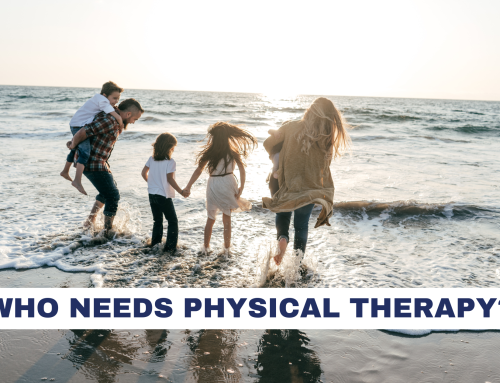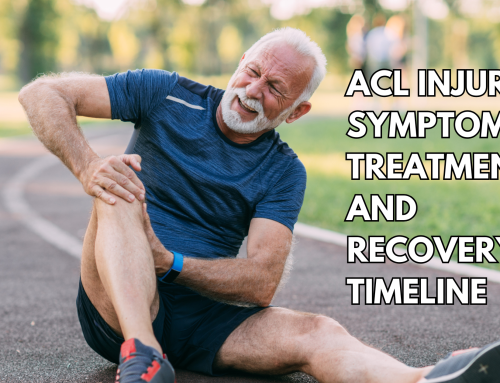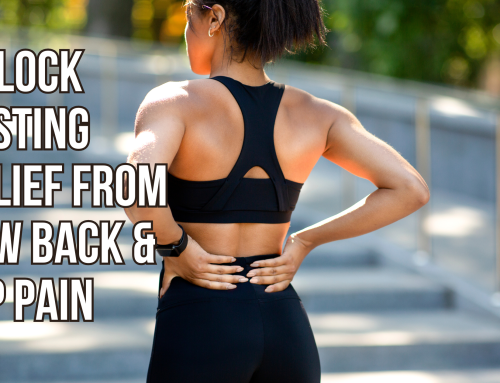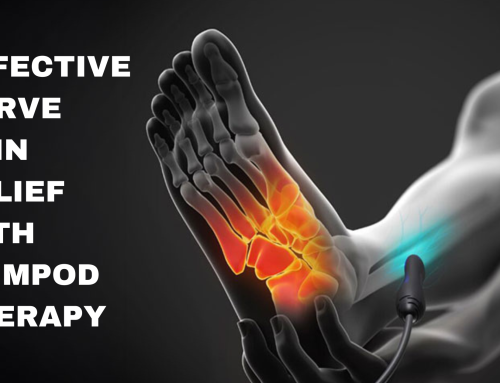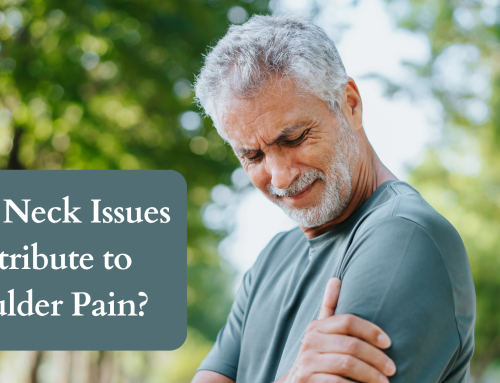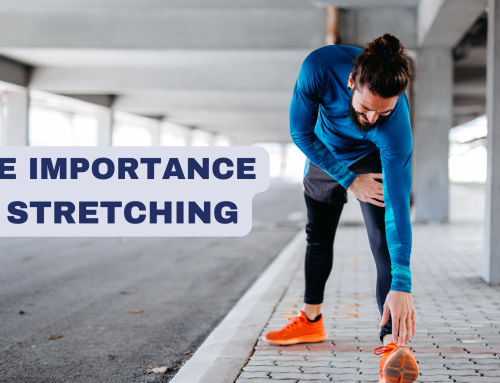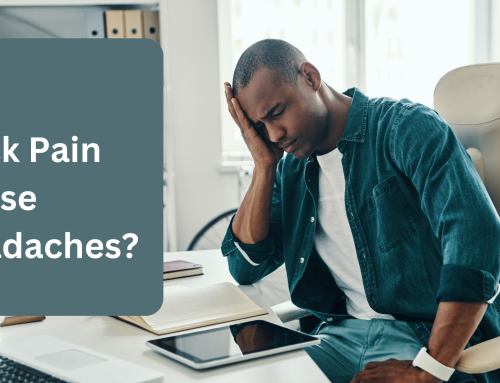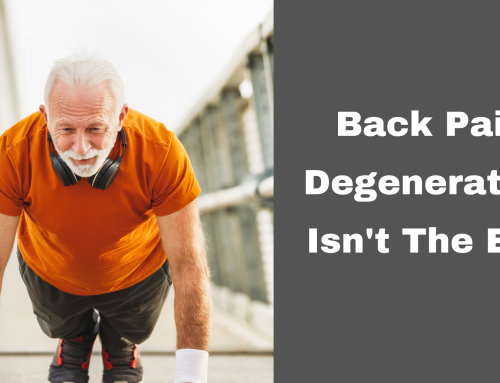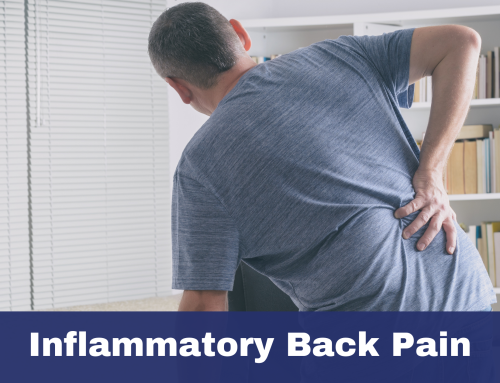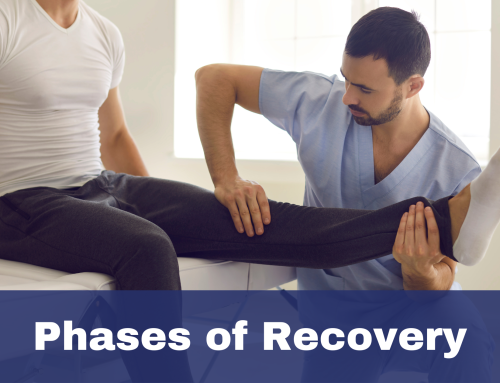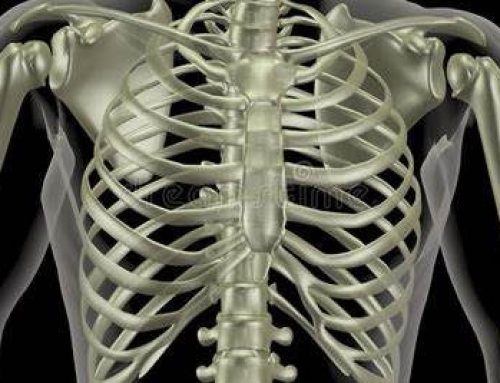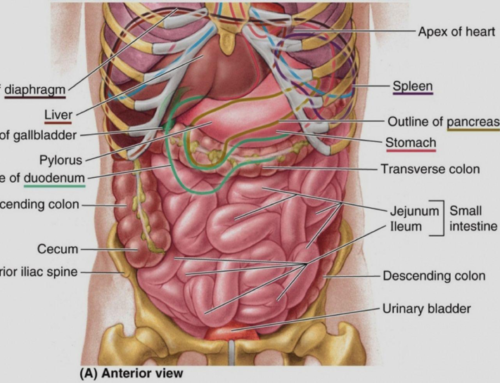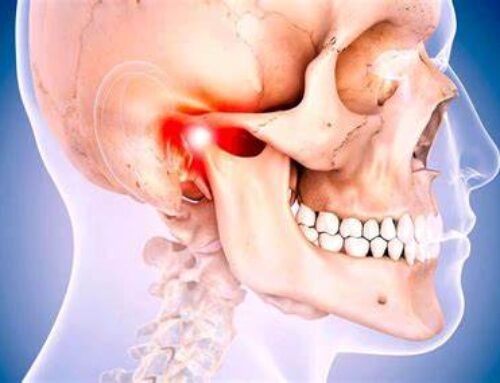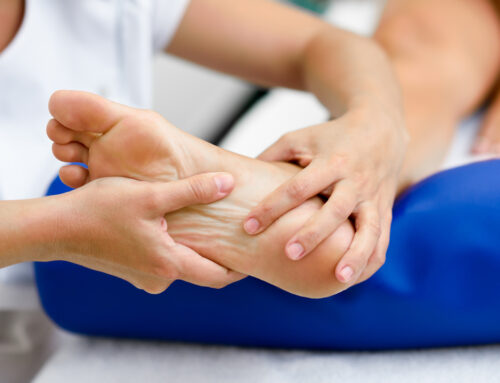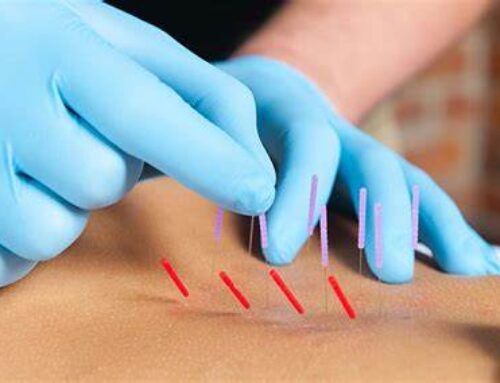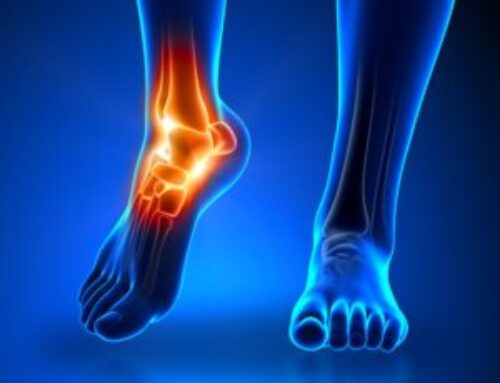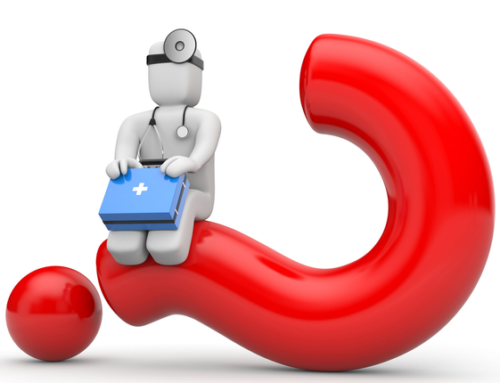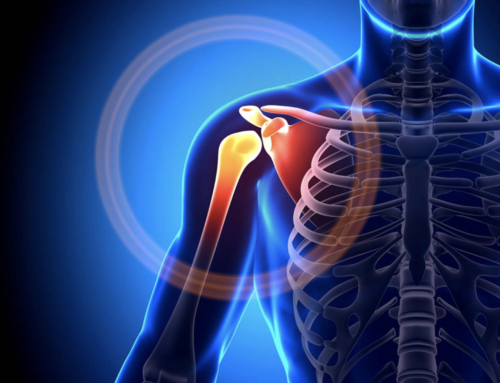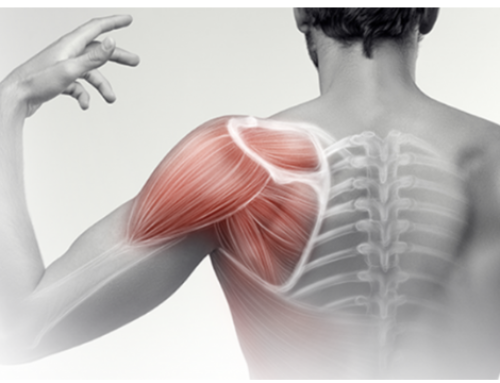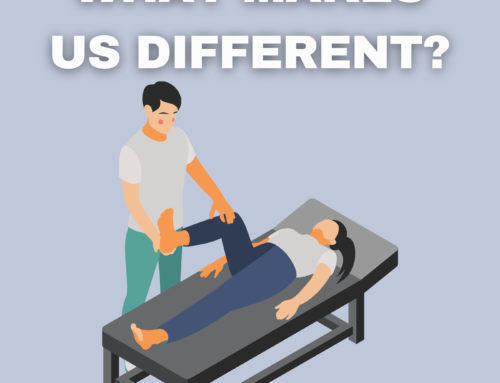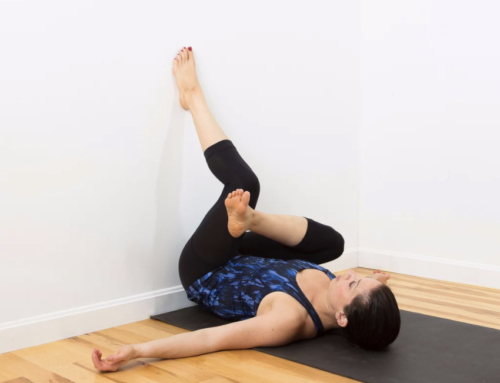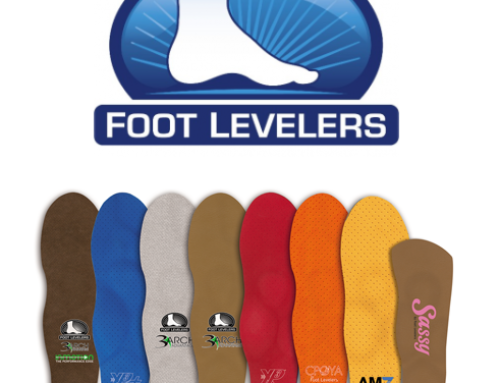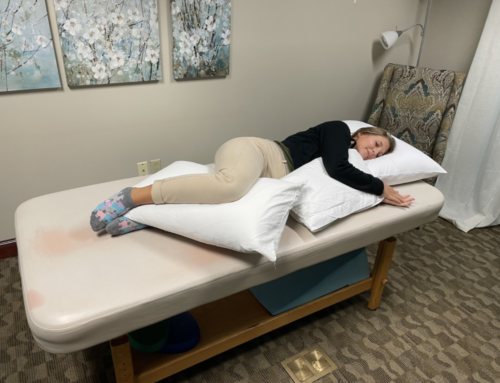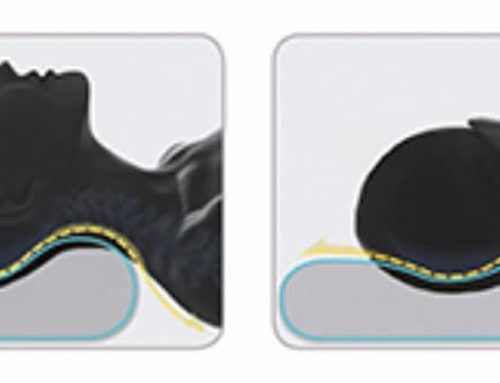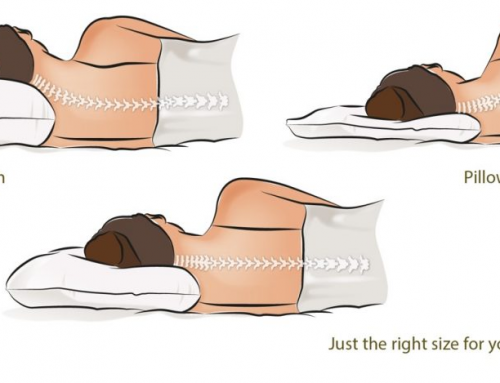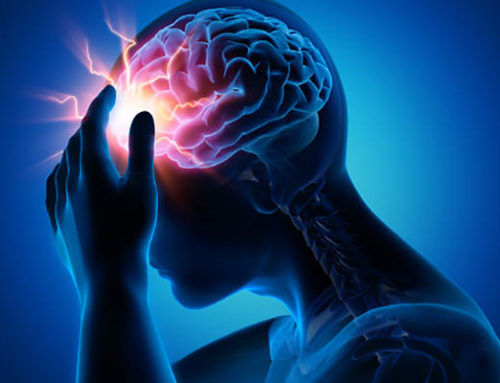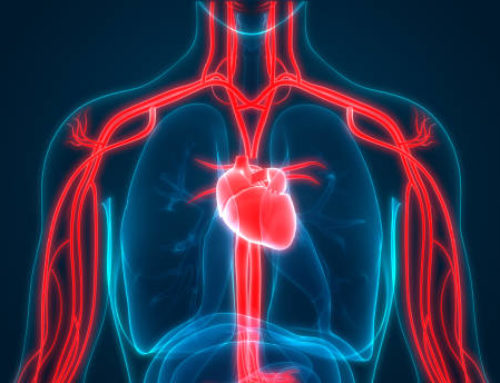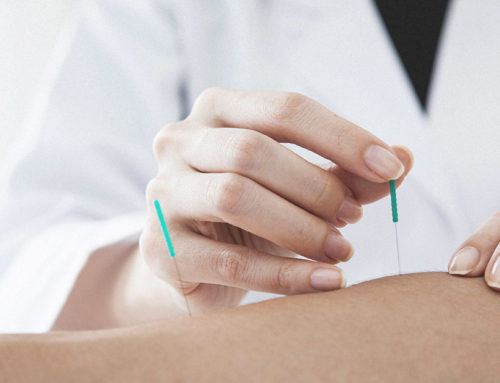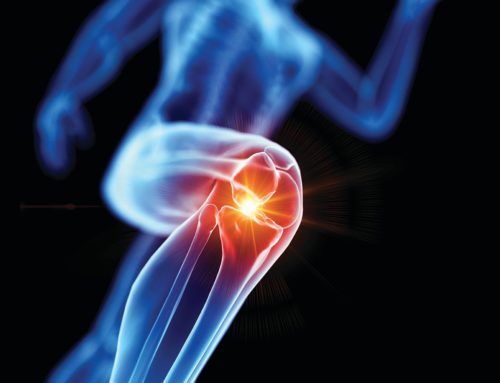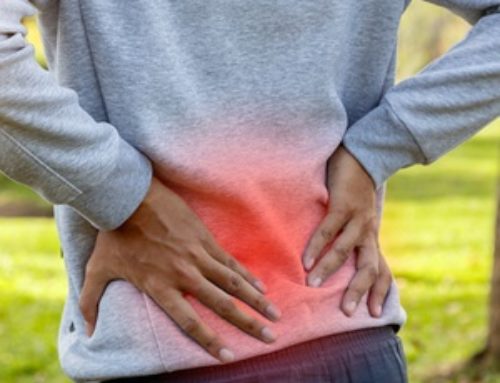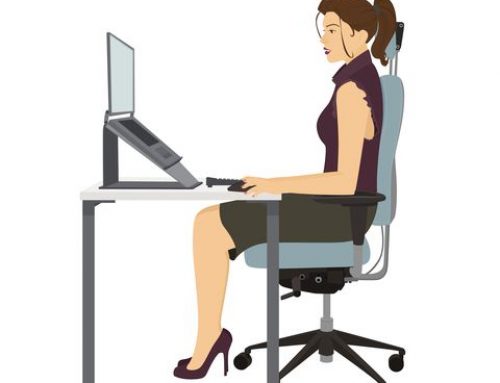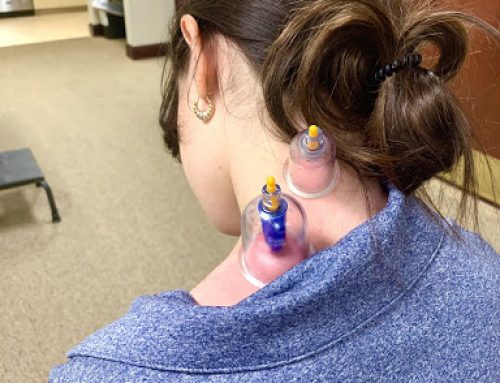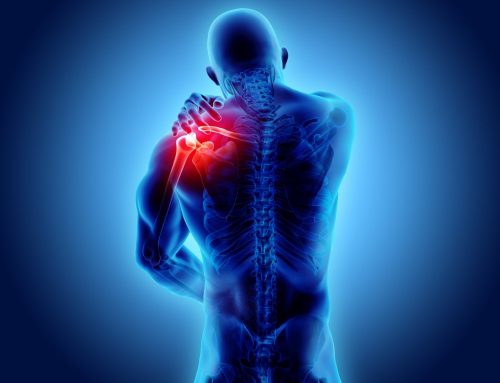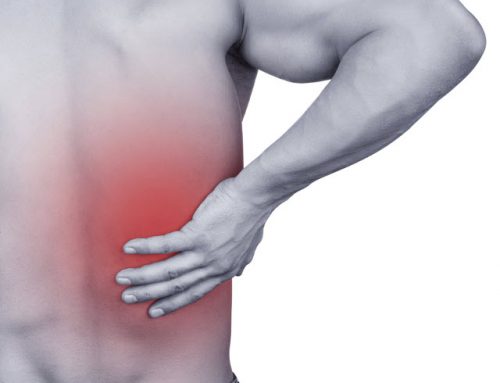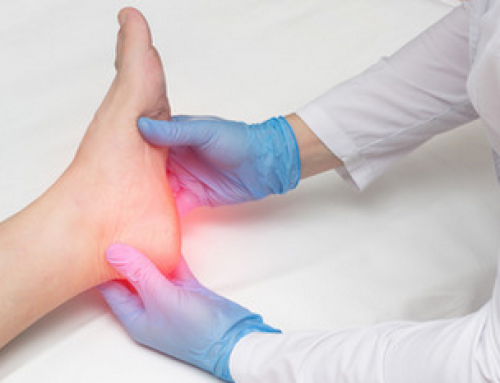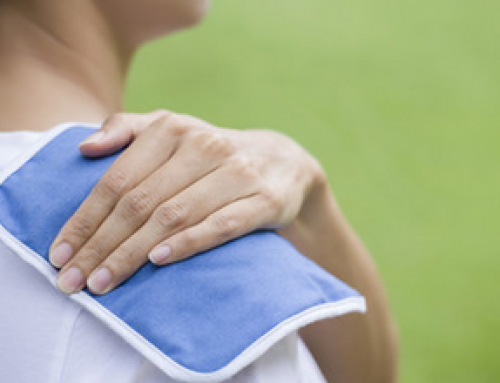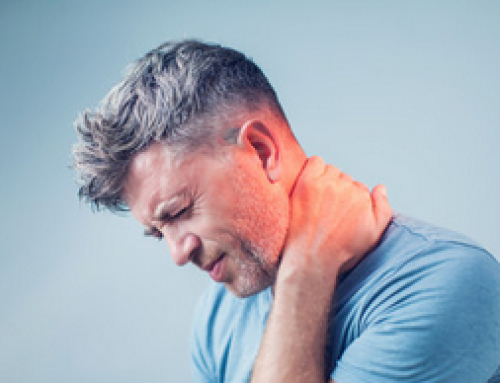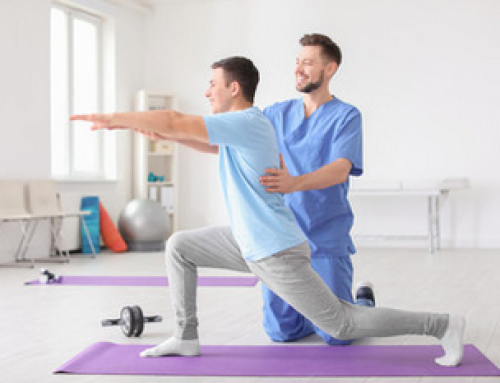A common question we get from patients is: “What is the difference between muscle soreness and pain?” To answer this question you have to better understand what causes each. For example, you go to the gym and participate in a new activity, and afterwards you’re feeling some discomfort within or around the particular area involved in the new activity. Now you’re wondering if you hurt yourself when doing this new exercise, or are you just experiencing sore muscles.
MUSCLE SORENESS
- When and how long can it take place? Muscle soreness is usually short term. It can manifest shortly after you are done exercising. Soreness can also be delayed and manifest around a day after exercising. This is commonly referred to as Delayed Onset Muscle Soreness (DOMS). Generally from when the soreness begins, it can last from 1-2 days. To help alleviate the pain, some light stretching or cardiovascular activities (e.g. walking, bike riding) can help to shorten the time span of the muscle soreness.
- How does it feel? In most cases, you will feel an aching pain within the muscle(s) that was (were) used. The Aching pain can be tender to touch, and you may also feel some tenderness at rest.
PAIN
- When and how long can it take place? Initially, pain can happen due to an injury. Pain will generally last longer than muscle soreness. This is because the body’s inflammatory response takes time to complete. Pain can also be from a delayed inflammatory response. The main difference is that pain can last from 1-2 weeks compared to 1-2 days (muscle soreness). The pain you are feeling should go away within those two weeks. If the pain progresses, or gets worse, seek the attention of a medical professional.
- How does it feel? Pain can also be tender to touch much like muscle soreness, however, the feeling can be more intense. Along with muscle pain, you may feel tenderness in a joint or ligament. Movement or pressure on that joint can exacerbate the pain. Words used to better describe what you feel could be “radiating” or “sharp shooting”.
If you recently had a Physical Therapy treatment, you may experience soreness that you did not anticipate . This soreness is not uncommon and is a natural part of dealing with the root cause of your problem. Remember, you may have been asked to move in ways that you have been avoiding for weeks, months, or years!
However, if you ever experience excessive soreness or pain following a treatment, your therapist should be contacted immediately. By utilizing your consistent feedback, we can continue to adjust your treatments to maximize your progress!


